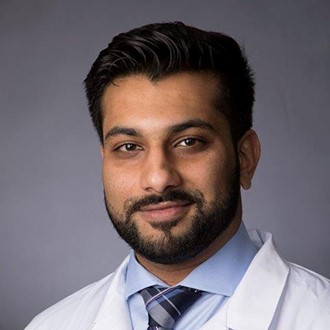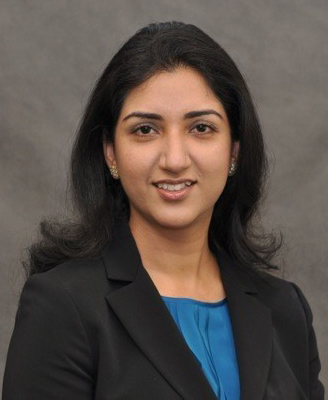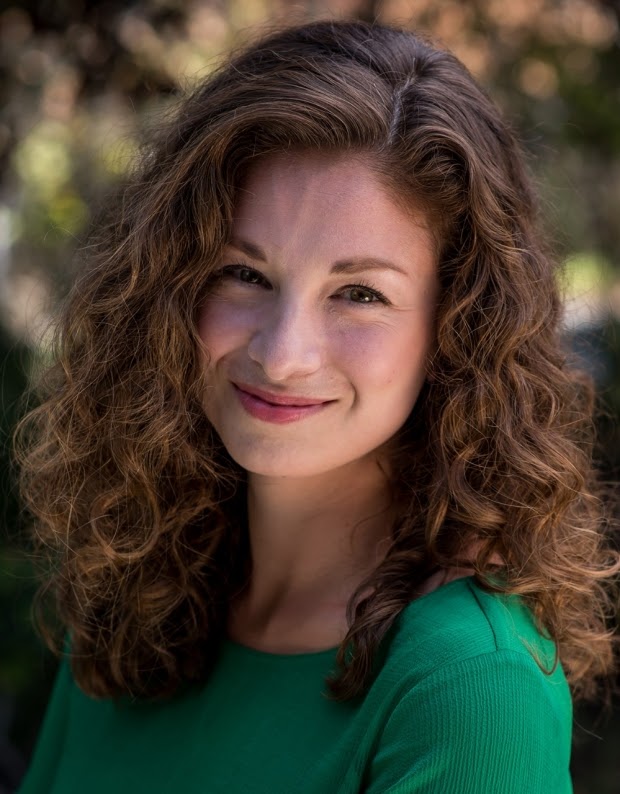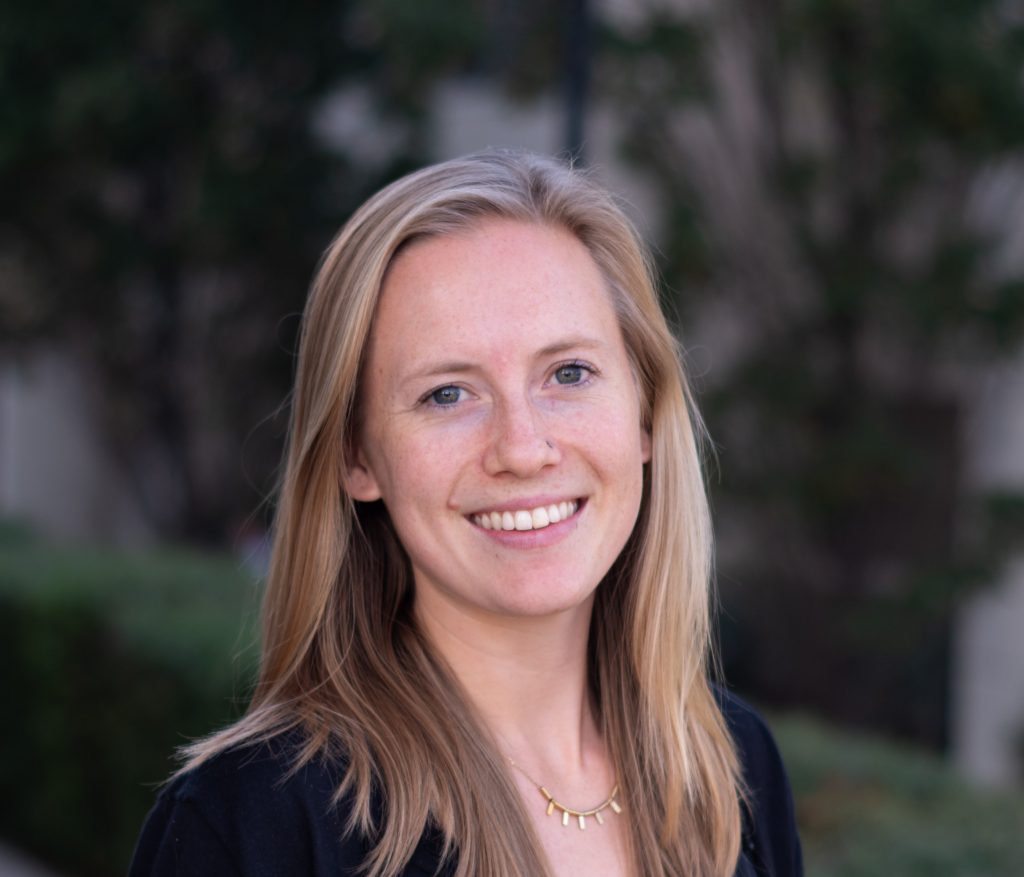 Presented by:
Presented by:
Talha Rafeeqi, MBBS
General Surgery Resident
Valley Health System, Las Vegas, NV
Under the mentorship of Dr. Bruzoni
Associate Professor of Surgery (Pediatric Surgery)
Stanford University Medical Center
Title: “The Effect of Metabolic Surgery on Diabetes Remission in the Underserved Hispanic
Pediatric Population”
Bio:
Dr. Rafeeqi was born and raised in the Bay Area and graduated from Palo Alto Senior High School. He elected to study medicine in the country of his heritage, Pakistan, where he attained his medical degree from Dow University of Health Sciences. Since then, he has journeyed from working with Dr. Brendan Visser in the HPB Surgery department, to New Jersey where he completed his intern year, and now Las Vegas where he is completing third year of his general surgery residency. He will be starting this July as the Pediatric Surgery department’s Innovations in Pediatric Surgery research fellow, where he will work to organize and carry out research to further the management of pediatric surgical disease.
For Zoom dial-in instructions, please contact Ana Mezynski at mezynski@stanford.edu.
 Presented by:
Presented by:
Shipra Arya, MD
Associate Professor, Vascular Surgery
Title: “Home-Time and Health-Related Quality of Life: A Mixed Methods Study of Veterans after Surgery”
Bio:
Shipra Arya, MD SM FACS is an Associate Professor of Surgery at the Stanford University School of Medicine and section chief of vascular surgery at VA Palo Alto Healthcare System. She has a Master’s degree in epidemiology from the Harvard School of Public Health with focus on research methodology and cardiovascular epidemiology. She completed her General Surgery Residency at Creighton University Medical Center followed by a Vascular Surgery Fellowship at University of Michigan. She has been funded by American Heart Association (AHA), NIH/NIA GEMSSTAR grant, VA Palo Alto Center for Innovation and Implementation (Ci2i) and is currently funded by VA HSR&D. The accumulated evidence from her research all points to the fact that frailty is a versatile tool that can be utilized to guide surgical decision making, inform patient consent and design quality improvement initiatives at the patient and hospital level. The field of frailty research in surgical population is still relatively nascent and her current work focuses on streamlining frailty evaluation, and implementation of patient and system level interventions to improve surgical outcomes and enhance patient centered care.
For dial-in instructions, please contact Ana Mezynski at mezynski@stanford.edu.
 Presented by:
Presented by:
Francesca Rinaldo, MD, PhD
Title: “Case Studies in Digital, Real-world Data Collection and AI Model Building”
Bio:
Francesca Rinaldo, MD, PhD is a physician- scientist with a background in basic/translational research, clinical research and healthcare delivery innovation. She is an affiliated scholar at the Stanford Clinical Excellence Research Center (CERC), a Design, Innovation and Clinical Entrepreneurship (DICE) Fellow, and Director of Clinical Success at doc.ai, where she works with multidisciplinary teams to design and execute digital clinical studies and build novel and clinically relevant machine learning models. From 2015-2020 she was a resident in General Surgery at Stanford, and completed the CERC Healthcare Design Fellowship in 2017-2018. As a CERC fellow, Francesca was a Clinical Lead for the Stanford CERC Partnership for AI-assisted Care (PAC) and received seed funding from the Stanford Institute for Human-Centered Artificial Intelligence. She is a content matter expert in Aging and Late Life, and her clinical interests are strongly rooted in health services and technology aimed at improving the health of the rapidly aging global population. She is passionate about exploring novel applications of digital health technology for improving the quality, cost and accessibility of healthcare for all individuals.
For dial-in instructions, please contact Ana Mezynski at mezynski@stanford.edu.

Presented by:
Elsie Gyang Ross, MD
Assistant Professor of Surgery, Vascular Surgery, and of Medicine (BMIR) at Stanford University Medical Center
TITLE: “Developing a Cohort Study to Test Performance of
Machine Learning Models for
Peripheral Artery Disease.”
ZOOM DIAL IN:
For dial-in instructions, please contact Ana Mezynski at mezynki@stanford.edu.
 Presented by:
Presented by:
Aviva Mattingly
Title: “Surgery and COVID-19: What can the pandemic response teach us about essential surgical operations in the United States and the impact of government mandates?”
Bio:
Aviva Mattingly is a 4th year medical student and 1st year master’s student in epidemiology and clinical research at Stanford. Prior to medical school, she completed a post-baccalaureate research fellowship at the National Institutes of Health, focused on HIV clinical trials. While at Stanford she has been interested in research related to global health and surgery and hopes to pursue an academic career in a surgical field.
.
For dial-in instructions, please contact Ana Mezynski at mezynski@stanford.edu.

Presented by:
Chuck Huber, PhD
Director of Statistical Outreach, StataCorp
Adjunct Associate Professor of Biostatistics
Texas A&M School of Public Health
This curriculum is designed to support beginner, intermediate, and advanced “Stata” users. The courses do not require registration and can accommodate up to 300 participants. The most recent and advanced version, Stata-16, integrates Python with Stata.
We strongly encourage you to participate!
Bio: Chuck Huber is Director of Statistical Outreach at StataCorp and Adjunct Associate Professor of Biostatistics at the Texas A&M School of Public Health. Most of his current work is focused on statistical methods used by behavioral and health scientists. He has published in the areas of neurology, human and animal genetics, alcohol and drug abuse prevention, nutrition, and birth defects. Dr. Huber currently teaches introductory biostatistics at Texas A&M where he previously taught categorical data analysis, survey data analysis, and statistical genetics.
Please direct questions to Lakshika Tennakoon, Data Scientist, Division of Trauma and Acute Care, Department of Surgery at lakshika@stanford.edu

Presented by:
Chuck Huber, PhD
Director of Statistical Outreach, StataCorp
Adjunct Associate Professor of Biostatistics
Texas A&M School of Public Health
This curriculum is designed to support beginner, intermediate, and advanced “Stata” users. The courses do not require registration and can accommodate up to 300 participants. The most recent and advanced version, Stata-16, integrates Python with Stata.
We strongly encourage you to participate!
Bio: Chuck Huber is Director of Statistical Outreach at StataCorp and Adjunct Associate Professor of Biostatistics at the Texas A&M School of Public Health. Most of his current work is focused on statistical methods used by behavioral and health scientists. He has published in the areas of neurology, human and animal genetics, alcohol and drug abuse prevention, nutrition, and birth defects. Dr. Huber currently teaches introductory biostatistics at Texas A&M where he previously taught categorical data analysis, survey data analysis, and statistical genetics.
Please direct questions to Lakshika Tennakoon, Data Scientist, Division of Trauma and Acute Care, Department of Surgery at lakshika@stanford.edu

Presented by:
Chuck Huber, PhD
Director of Statistical Outreach, StataCorp
Adjunct Associate Professor of Biostatistics
Texas A&M School of Public Health
This curriculum is designed to support beginner, intermediate, and advanced “Stata” users. The courses do not require registration and can accommodate up to 300 participants. The most recent and advanced version, Stata-16, integrates Python with Stata.
We strongly encourage you to participate!
Bio: Chuck Huber is Director of Statistical Outreach at StataCorp and Adjunct Associate Professor of Biostatistics at the Texas A&M School of Public Health. Most of his current work is focused on statistical methods used by behavioral and health scientists. He has published in the areas of neurology, human and animal genetics, alcohol and drug abuse prevention, nutrition, and birth defects. Dr. Huber currently teaches introductory biostatistics at Texas A&M where he previously taught categorical data analysis, survey data analysis, and statistical genetics.
Please direct questions to Lakshika Tennakoon, Data Scientist, Division of Trauma and Acute Care, Department of Surgery at lakshika@stanford.edu

Presented by:
Chuck Huber, PhD
Director of Statistical Outreach, StataCorp
Adjunct Associate Professor of Biostatistics
Texas A&M School of Public Health
This curriculum is designed to support beginner, intermediate, and advanced “Stata” users. The courses do not require registration and can accommodate up to 300 participants. The most recent and advanced version, Stata-16, integrates Python with Stata.
We strongly encourage you to participate!
Bio: Chuck Huber is Director of Statistical Outreach at StataCorp and Adjunct Associate Professor of Biostatistics at the Texas A&M School of Public Health. Most of his current work is focused on statistical methods used by behavioral and health scientists. He has published in the areas of neurology, human and animal genetics, alcohol and drug abuse prevention, nutrition, and birth defects. Dr. Huber currently teaches introductory biostatistics at Texas A&M where he previously taught categorical data analysis, survey data analysis, and statistical genetics.
Please direct questions to Lakshika Tennakoon, Data Scientist, Division of Trauma and Acute Care, Department of Surgery at lakshika@stanford.edu